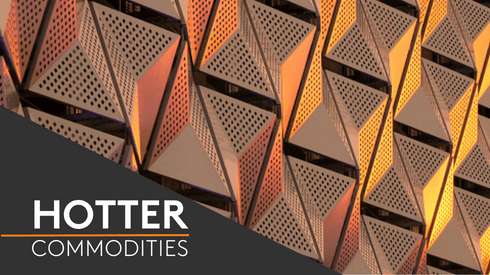AMAG described the development of a unique aluminium recycling casting alloy, known as AlSi7.REC, for wheels and wheel assemblies, as a world first. This was the first time, it said, that a material was able to meet the high safety and aesthetic requirements of a car wheel in a CO2-optimized way.
Aluminium recycling saves as much as 95% of the energy that would be consumed by a primary metal solution. The new AMAG-Audi alloy has a recycled content of more than 70%, in accordance with ISO standard 14021:2016.
The new AlSi7.REC alloy was cast into wheels by Ronal Group. Its chemical composition makes it possible to significantly increase the recycling content and also to use scrap that could not be used for this type of component until now.
Alloy wheels are often fitted to passenger cars as standard equipment. Although they are much lighter than steel wheels, they still weigh more than 40kg in total, and account for a considerable proportion of the aluminium used in vehicles.
Fastmarkets’ most recent assessment of the price for aluminium pressure diecasting ingot DIN226/A380, delivered Europe, was €2,150-2,250 ($2,186-2,288) per tonne on July 29, down by increments over the preceding month from €2,350-2,400 per tonne on June 24.
Meanwhile, Fastmarkets assessed the aluminium primary foundry alloy, silicon 7 ingot premium, ddp Germany, at $900-1,000 per tonne on July 29, unchanged from July 8.
The high recycling content in the new alloy gives a significant reduction in CO2 emissions, so it joins AMAG’s recently announced AL4®ever product family of CO2-optimized alloys.
“We are proud that AMAG, in close cooperation with Audi, was able to develop the first recycling-friendly alloy as a basis for safety-relevant components such as wheels and wheel assemblies,” AMAG chief executive Gerald Mayer said.
“Sustainability is an elementary component of our corporate self-image,” he added. “AMAG’s materials competence, coupled with its world-leading expertise in aluminium recycling, made it possible to develop a great product ready for series manufacturing.”
Register for the International Aluminium Conference today
Join over 400 executives from across the aluminium supply chain for three days of analysis and insights into raw materials, primary and secondary aluminium markets. This is your once-a-year opportunity to come together with producers, traders and other aluminium purchasers at a critical window in the annual trading calendar.





